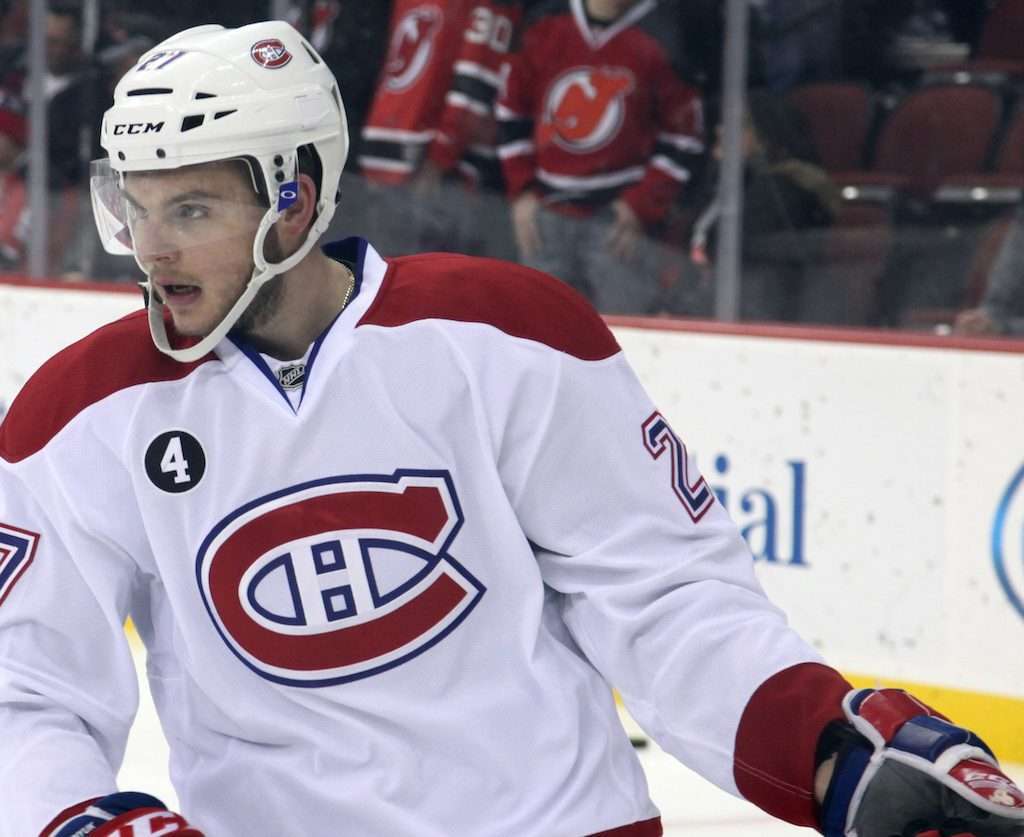Sports organizations don’t always agree, but there was one subject upon which, until recently, it was possible to find unanimous agreement: gambling.
For decades, the position of all the major sports leagues in the US was that gambling represented an existential threat to the integrity of sports. Strict anti-gambling rules were enforced in all of the major leagues, and whenever a relaxation of the gambling laws appeared to be on the cards, you could bet that the major sports leagues would be at the forefront of opposition.
The National Hockey League was no exception. In fact, over the years, the NHL has been one of the most prominent critics of any kind of link between gambling and sport. It was heavily involved in lobbyingto bring about the Professional and Amateur Sports Protection Act (PASPA) in 1992, which effectively outlawed sports betting anywhere in the US outside Nevada. And in 2012, when the NHL joined with four other sports leagues to take legal action against New Jersey for introducing sports betting, NHL Commissioner Gary Bettman submitted a deposition to the effect that gambling would have a negative impact on the motivations of fans watching NHL games.
Fast forward six years, and Bettman has performed an impressive about-turn on the question of gambling. In one sense, he and the NHL unwittingly played a role in bringing about legal sports betting. That legal challenge against New Jersey led to the state taking their argument to the highest court in the land, and last May, the Supreme Court effectively struck down PASPA, clearing the way for states to introduce regulated sports betting in their territories.
To the NHL’s credit, however, they have not dug in their heels, and instead have embraced reality and the potential advantages to the sport that betting company involvement can bring.
In one sense, the traditional stance of the NHL was also kind of patronizing towards fans and towards gamblers. NHL fans are not likely to have any difficulty separating their support of a team from any occasional wagers they might like to make, and the atmosphere at Premier League football grounds in England, where gambling has been legal for decades, does not suggest that the ability to bet on the outcome of a game has any detrimental effect on the overall experience.
The organization has gone all in on the issue. At the beginning of November, the NHL signed a deal with sportsbook operator FanDuel to become the official sports betting and daily fantasy partner for professional ice hockey. The NHL’s change of heart means that NHL fans and gamblers who go online, perhaps to check out the latest scores or read the latest Chumba casino review, will also be able to bet on NHL games or on the outcome of the Stanley Cup.
There are also likely to be other benefits for NHL fans. The deal will enable FanDuel to offer free single-game fantasy contests, as well as providing exclusive NHL content to fantasy customers, which could include VIP experiences at All-Star games and other NHL events. For FanDuel, the deal will enable them to reach out to potential NHL betting fans in the states where sports betting is legalized, which so far include the home states of the New Jersey Devils and the Vegas Golden Knights.
To further cement its relationship with the NHL, FanDuel has also struck a separate deal with the Devils, which will offer the company a degree of brand exposure at the Devils’ regular-season home games and will enable them to interact with Devils fans through in-play betting options and social media links. At the same time, the NHL has also followed the NBA in finding a way to monetize its data, by striking a non-exclusive deal with MGM Resorts. The deal will enable MGM to use official NHL data, but also signals a realization on the part of the NHL that a younger, more data-driven and technologically savvy generation want to interact with the sport in new ways.
Contrary to the traditional view, the NHL now appears to believe that sports betting offers an opportunity to attract more fans to the sport while at the same time generating new sources of revenue that can also help the sport to grow and prosper in the increasingly crowded leisure marketplace of the 21st century.
Photo Credit: By Lisa Gansky from New York, NY, USA (IMG_8395) [CC BY-SA 2.0], via Wikimedia Commons



